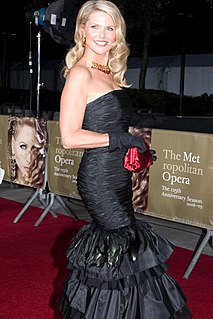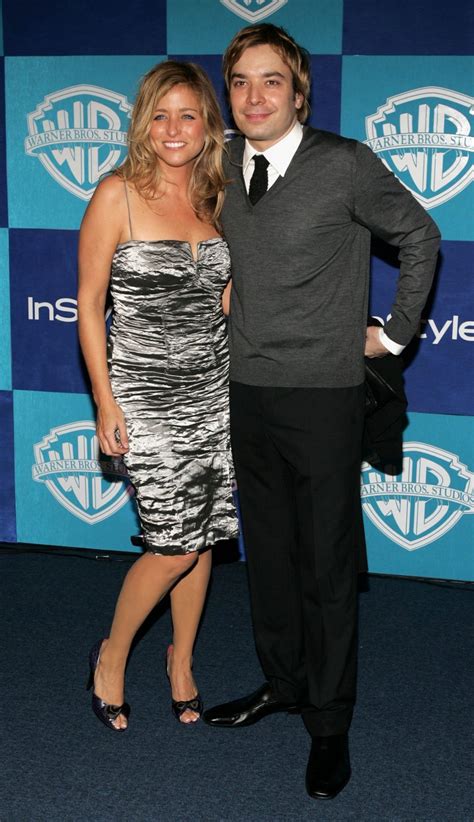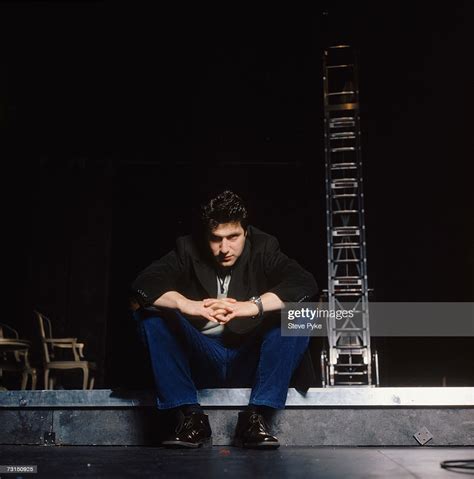A Quote by Simon Sinek
Great communicators don't just hear the words. Great communicators hear the meaning behind the words
Related Quotes
One listens to a piece of great music, say, and feels deeply moved by it, and wants to put this feeling into words, but it can't be put into words. That's what - the music has already supplied the meaning, and words will just be superfluous after that. But it's that kind of verbal meaning that can't be verbalized that I try to get at in poetry.
I hear the words, the thoughts, the feeling tones, the personal meaning, even the meaning that is below the conscious intent of the speaker. Sometimes too, in a message which superficially is not very important, I hear a deep human cry that lies buried and unknown far below the surface of the person.
So I have learned to ask myself, can I hear the sounds and sense the shape of this other person's inner world? Can I resonate to what he is saying so deeply that I sense the meanings he is afraid of, yet would like to communicate, as well as those he knows?


































